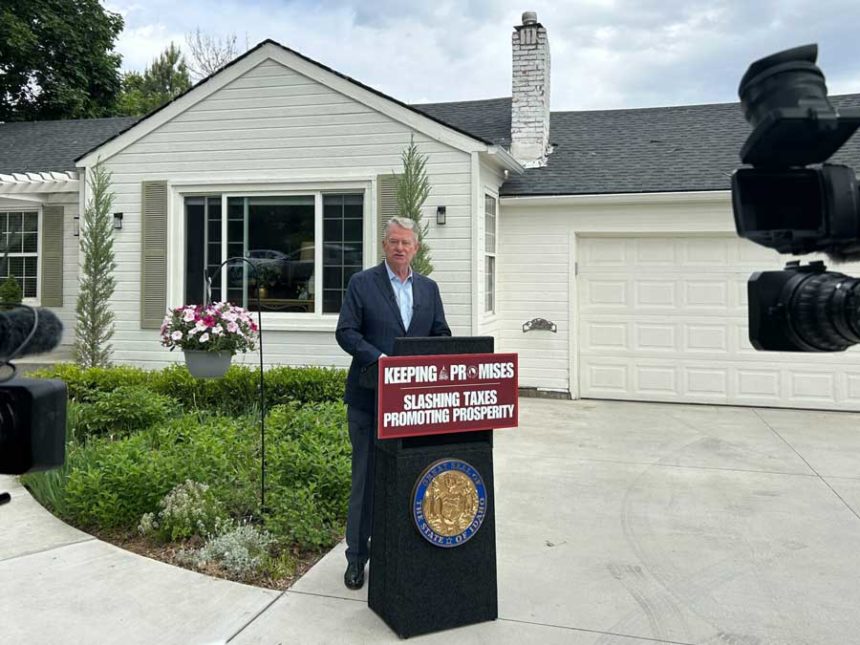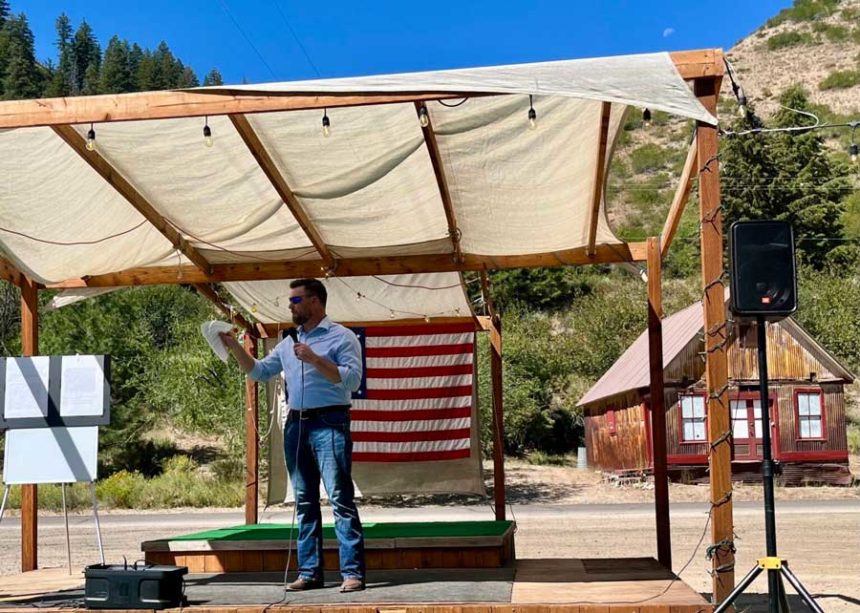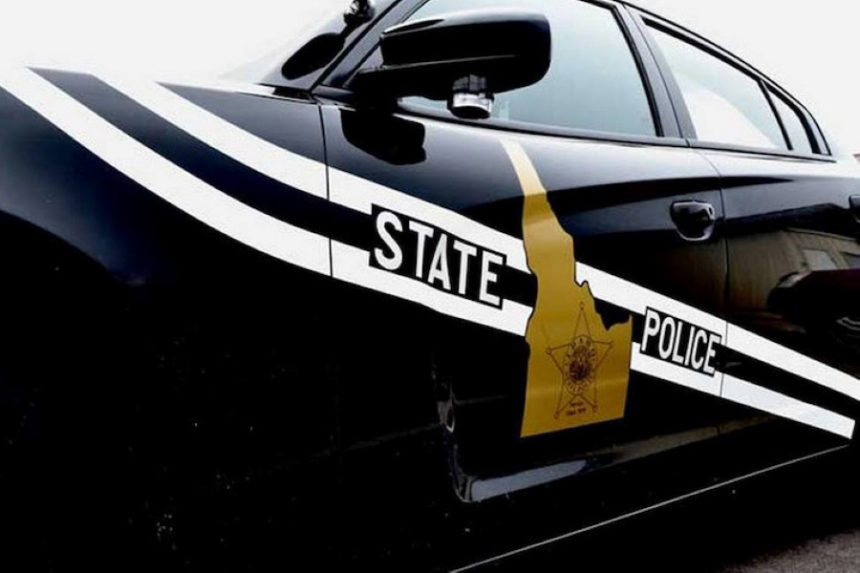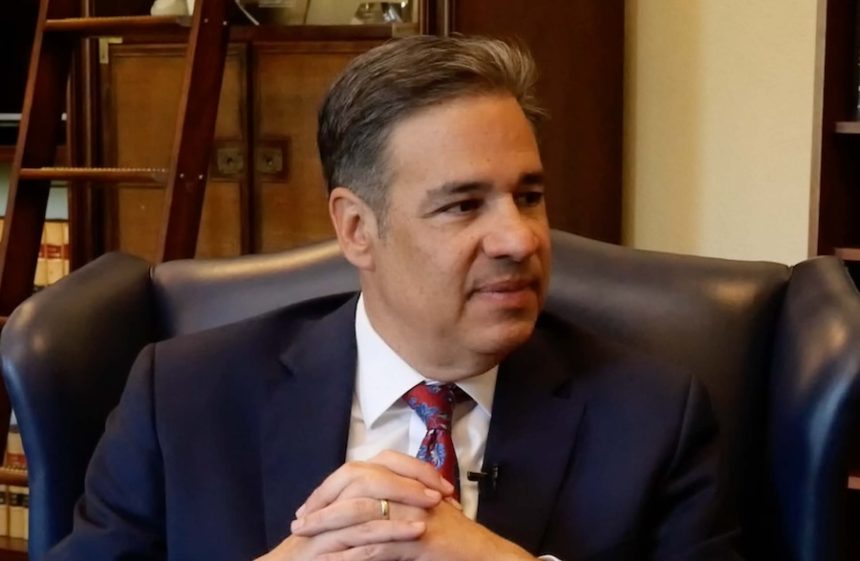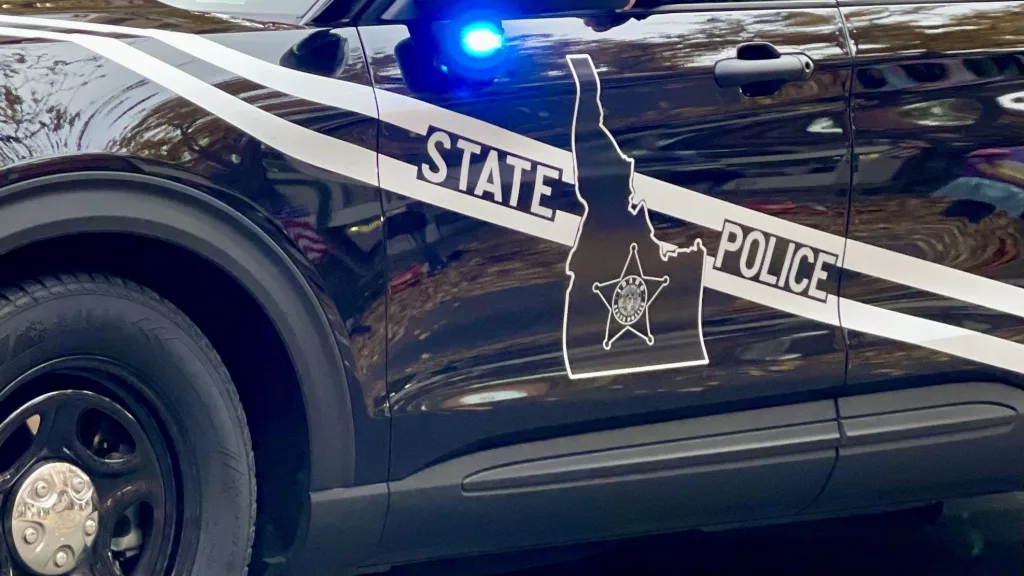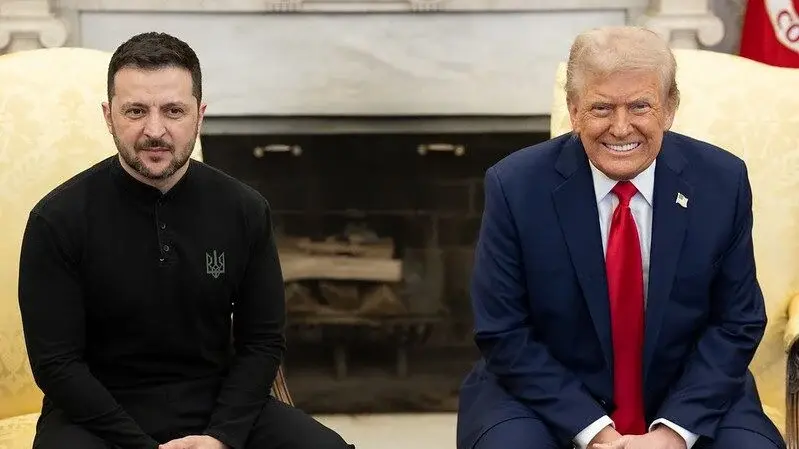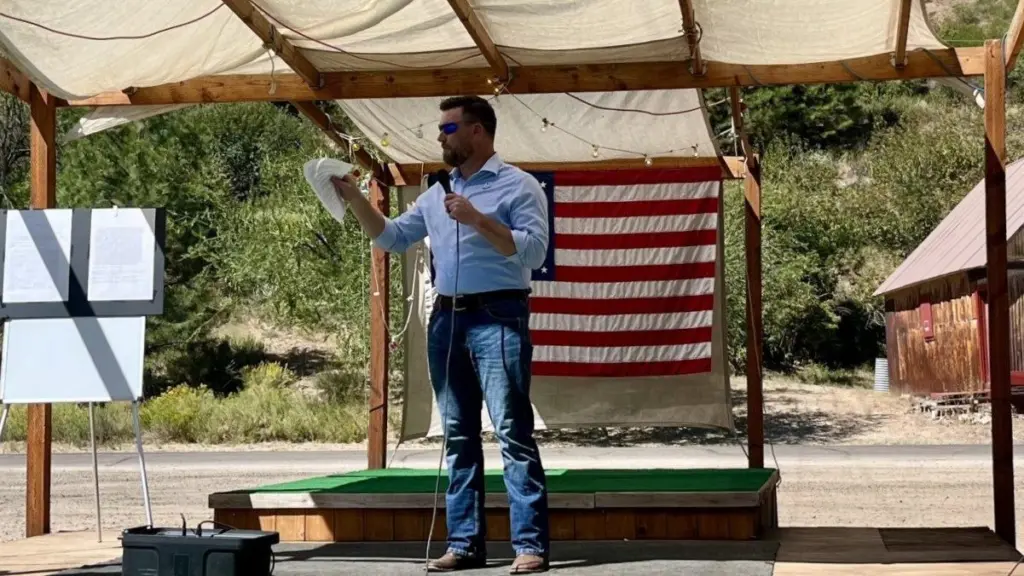Governor Brad Little of Idaho is requesting that state agencies, excluding public schools, reduce their expenditures by 3% by the end of June of the next year.
An executive order issued by Little on Friday instructed the agencies to:
- review their operations and consider possible consolidation to reduce spending
- eliminate positions that have been vacant for more than six months
- review current contracts and recommend ways to reduce costs associated with them
- review the number of boards and number of people serving on them to look for possible reductions
- limit state travel
By June 30, 2026, the conclusion of fiscal year 2026, the reductions and studies of possible additional savings must be finished. Spending and public K–12 schools were immune from the order’s directives.
According to a statement sent by email, “It’s in our DNA here in Idaho to balance the budget, cut taxes, and right-size government so we can continue to make public schools our top priority.” Today’s executive order fulfills our pledge to Idahoans that we will execute President Donald Trump’s tax cuts for them, maximize their hard-earned money, and prioritize public education.
Over $400 million in projected yearly revenue reductions from tax cuts and credits, along with an additional $50 million for a tax credit for tuition and private school, were authorized by the Idaho Legislature during the 2025 session. The current fiscal year will see the implementation of the majority of those cuts.
State revenue came in below Idaho Legislature s projections
Most revenue was lower than expected but greater than the previous fiscal year, which ended on June 30. According to a Division of Financial Management report, the state’s general fund receipts for the month of June was $355.2 million, $39.1 million less than anticipated. According to the Idaho Capital Sun, state general fund receipts in May fell $141.1 million short of the legislative budget writers’ projections.
The state’s largest income tax decrease, approved by the legislature this year and signed by the governor, is anticipated to reduce revenues by $253 million a year. Additionally, lawmakers approved $50 million to expand the food tax credit and $100 million to lower property tax bills.
Idaho Democrats, education union officials push back against budget holdbacks, but Republican legislators support governor s call
Because of the reckless Republican leadership and the tax cuts, the governor imposed cutbacks, which were attacked by the Idaho Democratic Party.
In an emailed statement, Democratic Party Chair Lauren Necochea stated, “We knew that giveaways to the wealthy and expensive voucher schemes would blow a hole in the budget and do nothing for working families.” These changes now weaken state law enforcement, deprive other vital services, such as health care for individuals with disabilities, and make it more difficult for the next generation to pursue occupations that provide for a family.
Layne McInelly, president of the Idaho Education Association, said in a statement on Friday that the setbacks were entirely foreseeable and very regrettable.
This result was clearly predicted by the Idaho Legislature’s substantial tax cuts, notwithstanding lawmakers’ disregard for the requirements of fundamental government and Idaho’s most disadvantaged citizens, McInelly added. But the fact that Gov. Little left public schools out of these financial clawbacks emphasizes how important it is that he stand up for Idaho’s public schools.
IEA members and the other committed educators in our state have long had to do more with less due to the State of Idaho’s persistent underfunding of public education. Students and families in Idaho would have suffered greatly if public school funding had been further cut.
On Friday, Republican lawmakers backed the governor’s directive.
According to Senate President Pro Tempore Kelly Anthon, R-Rupert, “today’s governor’s executive order further reinforces our strong track record of living within the people’s means and making government as efficient as possible so we can continue to prioritize education.”
Democrats call for repeal of new state law that funds private schools with public tax dollars
Democrats are aiming to remove the private school choice tax credit, which permits state funding for private K–12 education for the first time in Idaho history, in reaction to the governor’s mandated budget cuts.
In order to rescind the school choice tax credit, which has already taken effect but won’t be available for families to apply for until January 2026, legislative minority party leaders Sen. Melissa Wintrow and Rep. Ilana Rubel, both of Boise, asked for a special legislative session. Only with the consent of 60% of both chambers can lawmakers call a special session, which takes place outside of the roughly three-month normal legislative session that runs from January to April.
Wintrow stated in a written statement that calling a special session to cancel the expensive $50 million private school voucher program and pay the expenses we currently have would be a more appropriate course of action than slashing already tight finances. The hundreds of millions of dollars in budget deficits caused by Republican giveaways will not be filled by ending this worthless program.
